Leadership is not a Set of Skills, but a Way of Being
Have you been on the receiving end of someone’s professional leadership training, or even been that person trained in the latest, greatest, trying out your new skills on a subordinate? The scripted questioning and affirmation, the directed steps, and prescribed skill-set are all presented as tools for mastering leadership. It often sounds productive, and uses all the right language, but is it effective? Rather, to the point, is it authentic?
Leadership as a field of study is relatively new, and its meaning fluid. In fact, when I ask my class of Johns Hopkins MBA students to define leadership, there are as many answers as there are students in the class. That is because leadership is personal. More importantly, for the act of leadership to be dynamic a person must make it personal, must incorporate it in who they are and what they do.
The other day I walked into our local Amish market during peak shopping hours. The place was noisy, a bit chaotic, and packed with customers. As I waited in line with my purchase, I watched with amazement the young cashier who remained calm and in control as she deftly handled each transaction, managed the inventory behind the counter, and supervised her fellow co-workers all while taking orders and questions from shouting customers. I’m pretty sure she didn’t learn these skills at a customer-training workshop. Her service was genuine. Her service was a way of being.
Leadership is also a way of being. It is a repertoire of good practices that become habit. Just as we learn new habits, so too can we learn to be a leader, and continue to develop our leadership throughout our career.
Organizations often hedge on leadership training because the ROI appears to be unclear or indirect. Decision-makers should be hesitant to invest in packaged programs offering up-and-coming professionals a toolbox of skills. Watch any talented athlete and the concept of habits is self-evident. Almost every move has been honed and practiced to the point that it is habit. We should expect nothing less of leadership training; it should lead its participants toward practices that become habit.
Investing in leadership training is absolutely critical to the long-term success of organizations large and small. Not only are organizations dealing with the natural swing from one generation to the next, the job market continues to open up and shift, making it more likely that people will move not only geographically but from one industry to another. Having solid leadership is a strategic necessity, so invest wisely.
This is the first in a series of posts on how we at GRIFF Strategic Leadership define, reflect, and practice leadership.

